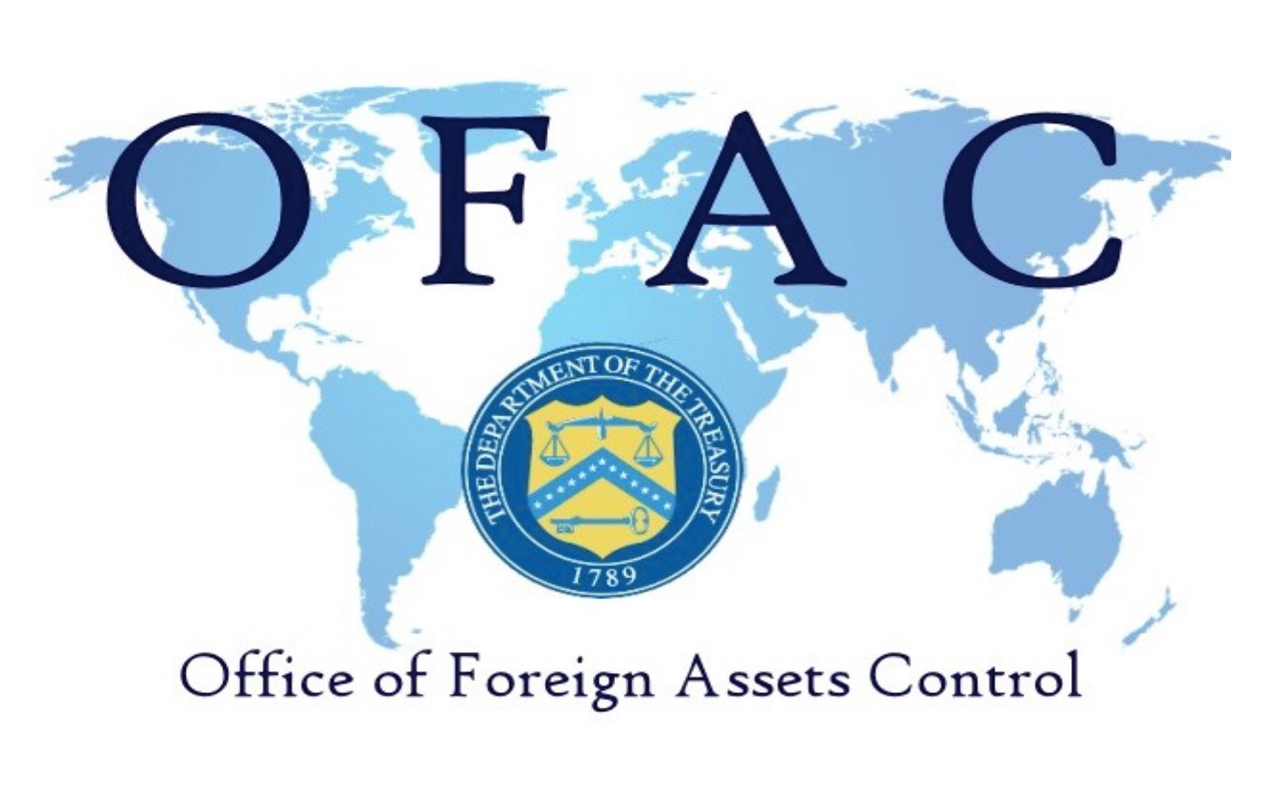OFAC sanctions: Everything you need to know

The Office of Foreign Assets Control (OFAC) of the US Department of the Treasury is a pivotal entity responsible for implementing and enforcing economic and trade sanctions against foreign states, organisations, and individuals deemed a threat to the national security, foreign policy, or economy of the United States. OFAC stands as a central component of the global sanctions regime, significantly influencing international relations and business operations. Understanding the nature of OFAC sanctions and their legal implications is critically important for any business engaged in international activities. Let’s explore what OFAC sanctions entail, their varieties, the process of implementation, as well as the role sanctions lawyer in ensuring their compliance.
What are OFAC sanctions?
OFAC sanctions represent measures of economic pressure that can include asset freezes, trade restrictions, bans on financial transactions, and other forms of economic isolation. These sanctions can be imposed against states, organisations, and individuals that, in the opinion of the US, pose a threat to national security or violate international norms. The primary tool for implementing these sanctions is the Specially Designated Nationals (SDN) List, which includes individuals and organisations with whom it is prohibited to conduct business.
OFAC sanctions are based on a variety of international legal standards and US national legislation, including the International Emergency Economic Powers Act (IEEPA), the PATRIOT Act, the Arms Export Control Act, as well as United Nations Security Council resolutions. These laws and acts endow the US President and the Treasury Department with broad powers to implement and enforce sanctions.
Types of sanctions
OFAC implements various types of sanctions depending on the objectives and targets. These sanctions can be either targeted or wide-ranging, covering entire sectors of the economy.
Targeted sanctions
Targeted sanctions are aimed at specific individuals, organisations, or countries that, in the opinion of the United States, are involved in illegal activities posing a threat to national security. Examples of such sanctions include freezing assets, banning entry into the US, and prohibiting business dealings with US citizens. For instance, sanctions against Iran encompass asset freezing and a ban on exporting technologies that could be used for developing nuclear weapons.
Secondary sanctions
Secondary sanctions are measures imposed on third parties that do business with already sanctioned individuals or countries. These sanctions are designed to amplify pressure on the initial targets of sanctions by limiting their access to international markets and financial resources. Secondary sanctions are particularly relevant in the context of sanctions against Iran and Russia, where they play a crucial role in ensuring the effectiveness of economic pressure.
Sectoral sanctions
Sectoral sanctions target specific sectors of a target country’s economy, such as energy, finance, defence industry, and other key industries. These sanctions can include restrictions on investments, exports of technology and equipment, as well as bans on providing financial services. An example of sectoral sanctions are those imposed on Russia in response to the annexation of Crimea and interference in elections in other countries. These sanctions limit the access of Russian banks to international financial markets and prohibit the export of technologies for the oil and gas industry.
How are OFAC sanctions implemented?
The implementation of OFAC sanctions is carried out in several stages, starting with threat analysis and concluding with the introduction of specific measures.
The process of imposing sanctions
The process of imposing OFAC sanctions begins with an analysis of foreign policy and economic threats that may emanate from certain individuals, organisations, or countries. This analysis is conducted in collaboration with other federal agencies, such as the State Department and the Department of Justice, as well as with international partners. Based on this analysis, the Treasury Department develops and implements sanctions, which can include freezing assets, prohibiting business transactions, and other restrictive measures.
The Office of Foreign Assets Control (OFAC) also utilises United Nations Security Council resolutions to impose sanctions, which may require member states to enforce sanctions against specific countries or organisations. For instance, sanctions against North Korea and Iran were introduced under such resolutions, and their implementation necessitates international cooperation.
List of Specially Designated Nationals (SDN)
The Specially Designated Nationals (SDN) list serves as a primary tool for enforcing OFAC sanctions. Individuals and organisations included on this list are subject to stringent economic and financial restrictions. US citizens and entities under US jurisdiction are prohibited from engaging in any business dealings with those listed, as well as from conducting financial transactions with them. Being placed on the SDN List can result in the freezing of all assets of the individual or organisation within US jurisdiction, effectively cutting them off from the international financial system.
How can a sanctions lawyer help you?
Working with OFAC sanctions requires an understanding of both American and international law. In this context, a sanctions lawyer plays a key role in ensuring compliance with OFAC requirements and protecting the client’s interests.
OFAC Lawyer can assist in several key aspects. Firstly, it can conduct a risk analysis and develop a strategy to minimise the potential consequences of sanctions. This includes vetting counterparties, analysing business operations for compliance with OFAC requirements, and developing internal policies and procedures to adhere to sanctions.
Secondly, a sanctions lawyer can provide assistance if a company or individual finds themselves under investigation by OFAC. This can include defending the client’s interests in legal proceedings, negotiating with regulatory bodies, and helping to obtain the necessary licences for conducting certain types of activities.
Furthermore, a solicitor can assist in obtaining exemptions from sanctions or licences for conducting operations that fall under sanctions. This can be particularly crucial for companies operating in regions with a high level of sanction risk, such as Iran, Russia, or North Korea.
The editorial unit

























Facebook
Twitter
Instagram
YouTube
RSS